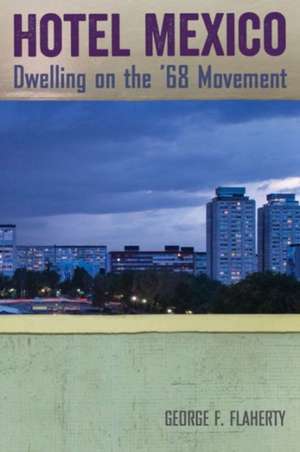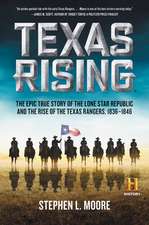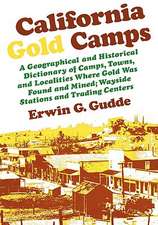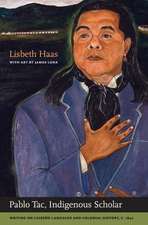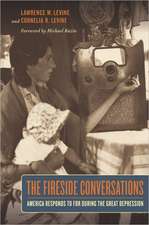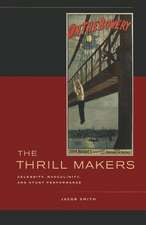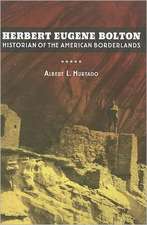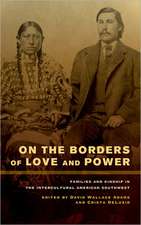Hotel Mexico – Dwelling on the `68 Movement
Autor George F. Flahertyen Limba Engleză Paperback – 29 sep 2016
In spite of institutional denial and censorship, the 1968 massacre remains a touchstone in contemporary Mexican culture thanks to the public memory work of survivors and Mexico's leftist intelligentsia. In this highly original study of the afterlives of the '68 Movement, George F. Flaherty explores how urban spaces--material but also literary, photographic, and cinematic--became an archive of 1968, providing a framework for de facto modes of justice for years to come.
| Toate formatele și edițiile | Preț | Express |
|---|---|---|
| Paperback (1) | 278.68 lei 6-8 săpt. | |
| University of California Press – 29 sep 2016 | 278.68 lei 6-8 săpt. | |
| Hardback (1) | 564.25 lei 6-8 săpt. | |
| University of California Press – 29 sep 2016 | 564.25 lei 6-8 săpt. |
Preț: 278.68 lei
Nou
Puncte Express: 418
Preț estimativ în valută:
53.33€ • 55.26$ • 44.51£
53.33€ • 55.26$ • 44.51£
Carte tipărită la comandă
Livrare economică 21 martie-04 aprilie
Preluare comenzi: 021 569.72.76
Specificații
ISBN-13: 9780520291072
ISBN-10: 0520291077
Pagini: 284
Dimensiuni: 150 x 227 x 21 mm
Greutate: 0.49 kg
Editura: University of California Press
ISBN-10: 0520291077
Pagini: 284
Dimensiuni: 150 x 227 x 21 mm
Greutate: 0.49 kg
Editura: University of California Press
Descriere
In 1968, Mexico prepared to host the Olympic games amid growing civil unrest. In this study of the afterlives of the '68 Movement, the author explores how urban spaces - material but also literary, photographic, and cinematic - became an archive of 1968, providing a framework for de facto modes of justice for years to come.
